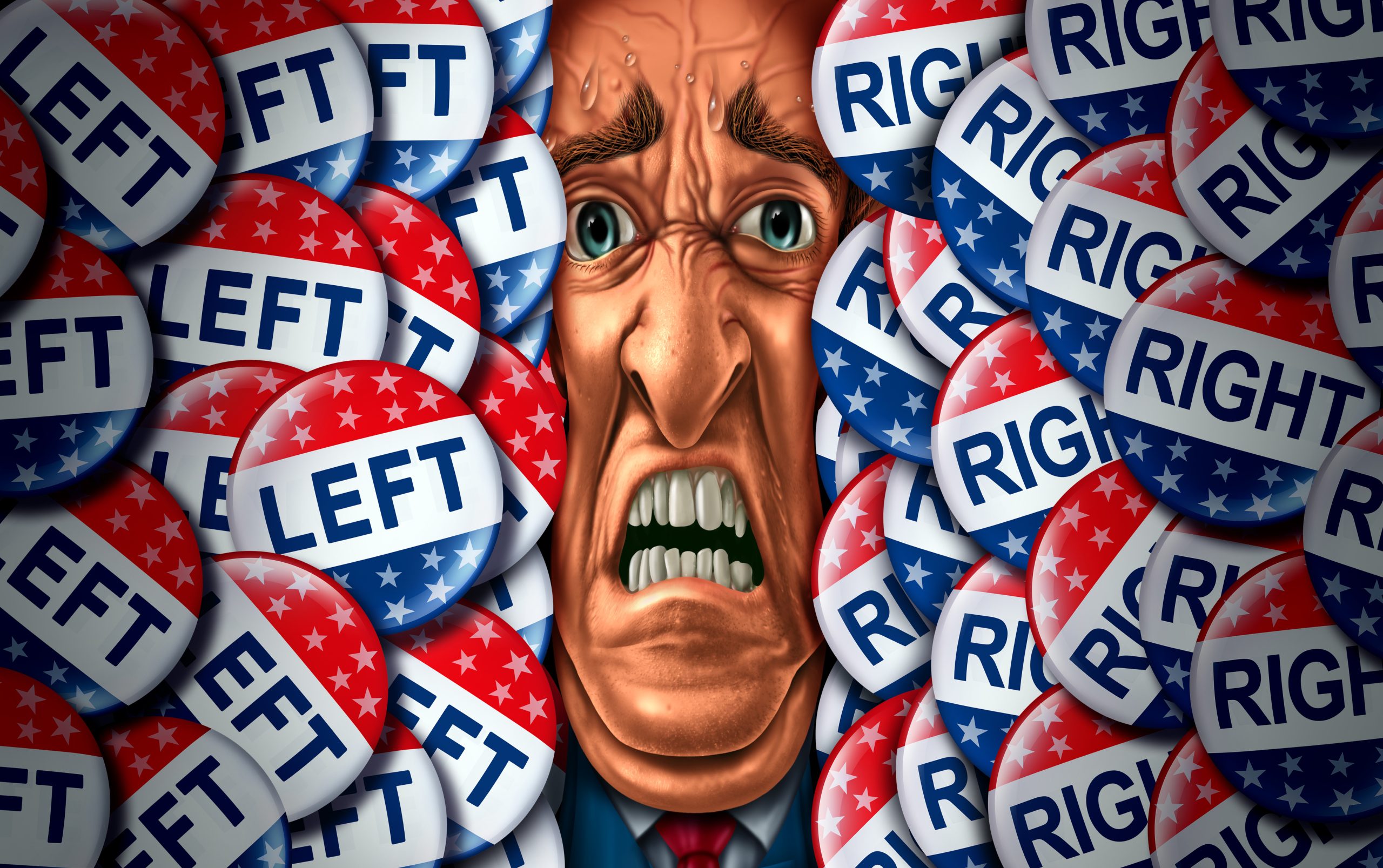Keeping Your Cool in the Political Frenzy
Navigating election season can be an emotional rollercoaster. Election stress is very real, and it’s a coincidence International Stress Awareness Day on November 2nd falls just before Election Day in the United States. The pre-election stress occurs in the weeks leading up to the election, with post-election stress occurring after the results are announced. We can suffer anxiety, have strained relationships, and have a lower quality of life in general due to all that stress.
Election after election, we are seeing proof that stress is on the rise throughout the entire United States population, and its effects are becoming more severe. In a study released by the American Psychological Association (APA), 68% of Americans said the 2020 election caused significant stress to their lives.
By 2022, it had risen to 76%. Furthermore, 76% of people said they are so stressed that they cannot function. A further 66% said that the current political climate is causing this stress. Across all political parties, 70% of adults think the government doesn’t care about them, and 64% believe their rights have been violated. In the United States, 45% of adults feel that their rights are not protected by current laws.
Brett Cushing has a name for this common theme: powerlessness. There is no one who cares about me; there is no one who will protect me. During this time of year, we feel very vulnerable because politics are associated with powerlessness. A lot is riding on one day or one person, adding to the stress of the election season.
Why is There So Much Stress?
There is a lot of dichotomy in our culture. It’s either, or. Everything or nothing. Black or white. As a result, we also look at the election in that way. Either it’s going to be the best thing for me, or it’s going to be the worst thing for me. It’s our natural way of thinking. Thinking in all-or-nothing terms is the simplest possible approach.
We perpetuate this dichotomy by saying certain political figures are “all good” or “all bad.” This dichotomy can also be seen in political advertisements. Candidates are portrayed in a positive or negative light using extreme language. The use of extreme language reinforces this dichotomous thinking. The purpose of extreme language is to escalate your emotions, just as dichotomous thinking does. As a result, we become anxious, stressed, angry, etc.
Having a sense of powerlessness combined with worries about the future and discouragement can lead people to give up and feel their votes will not matter. In some situations, it seems as though the cards are stacked against us and there is nothing we can do about it. The election season is stressful, so how can we cope?
Focus on What You Can Control
Decide what you can and cannot control. Drawing two circles can be a helpful exercise. Write in one circle anything that is truly beyond your control. Likewise, write down the things you are in control of in the other circle. Though they may be difficult to see or do, they are possible. Consider the following:
Whatever the outcome, whoever wins, whatever election…I cannot control it. Is there anything I can control? I am able to vote; I am able to make my voice heard. Other things I might be able to do include encouraging others to vote and volunteering.
Maybe you’ve tried all those things, but you’re still frustrated. In that circle, there is always one thing you can control, and that is how you respond. There may be times when it seems like you don’t have control over it, but that doesn’t mean you can’t learn how. Researching candidates, understanding what’s on your ballot, and understanding current issues can also be helpful.
Create a Dialectical Balance
Getting away from the “all-or-nothing” mentality helps to keep things in perspective. When we look at someone we didn’t vote for, we can acknowledge and validate, yes, I really dislike this about this person, but I can find something redeeming about them.
Here are some additional ways to validate your feelings and thoughts regarding elections:
- It’s frustrating, but there is still hope; I can do something.
- Even though this is a violation of my values, I can still work to actualize those values.
Coping With Election Stress
Learning healthy coping strategies is important when it comes to election stress (and stress in general).
- Discuss your thoughts and feelings with supportive people (with boundaries, if necessary).
- Analyze the role of social media and the news. Are you keeping yourself informed or are you stressing yourself out by it?
- Develop a sense of self-awareness. What are your current emotions? What impact does it have on you or others?
- Embrace radical acceptance after the election. There is a difference between acceptance and approval. You can still accept but not approve.
The stress of an election is real. The good news is that finding someone to talk to about that stress can help manage it. The skill of radical acceptance can be developed with the help of a therapist.


